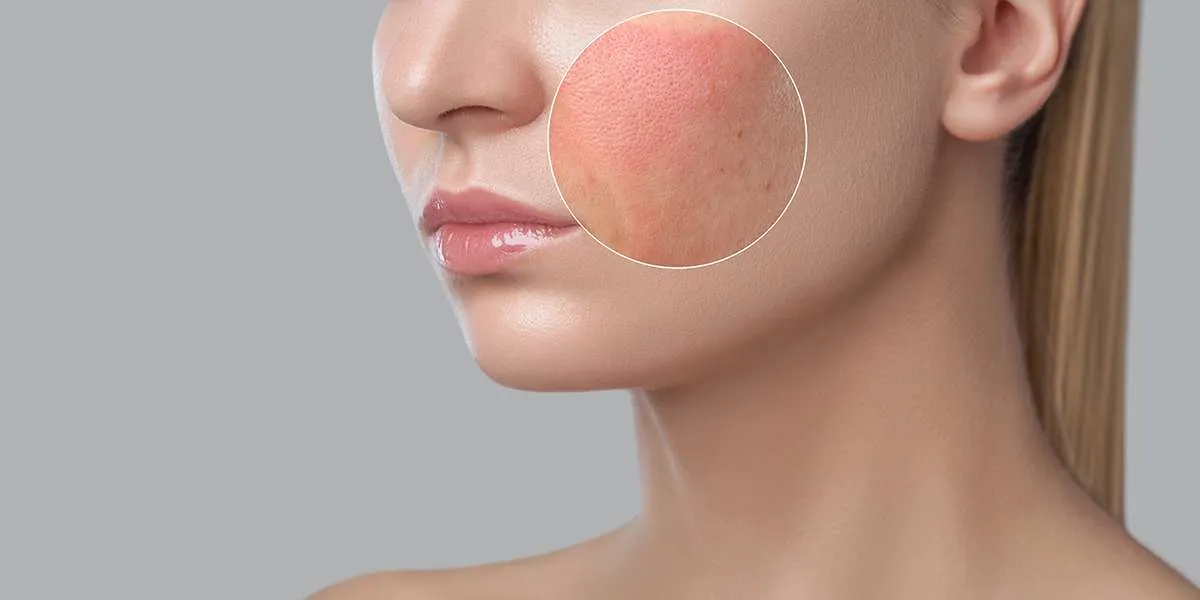Dermatology is the branch of medicine that focuses on diagnosing and treating conditions affecting the skin, hair, and nails. Because the skin is the body’s largest organ and often the most visible, it plays a major role in both health and personal confidence. Dermatologists are trained to identify a wide range of issues—from common conditions like acne and eczema to complex autoimmune diseases and skin cancers. In addition to addressing medical concerns, dermatology also encompasses cosmetic treatments that improve appearance and help individuals feel more comfortable in their own skin.
Procedures That Address Medical Conditions
When it comes to treating medical concerns, dermatologists rely on both surgical and nonsurgical procedures depending on the condition. For skin cancer, for instance, early detection is crucial, and dermatologists may perform biopsies to examine abnormal tissue. If cancer is confirmed, they may follow up with procedures like excisions or Mohs surgery, a technique that removes cancerous cells layer by layer while preserving healthy tissue. These procedures are performed in a controlled medical setting, often under local anesthesia, and are designed to offer both precision and safety.
In addition to treating diseases, dermatology also includes a broad spectrum of aesthetic procedures aimed at improving skin appearance. For individuals concerned about signs of aging, discoloration, or scarring, dermatologists offer advanced cosmetic treatments that are minimally invasive yet effective. Procedures such as chemical peels, microneedling, and laser resurfacing can enhance skin texture, reduce blemishes, and stimulate collagen production. Each of these treatments works slightly differently but contributes to overall skin renewal and a more youthful appearance.
Tailoring Care for Each Patient
What makes dermatology especially valuable is its ability to offer personalized care. A dermatologist evaluates each patient’s skin type, medical history, and lifestyle when recommending a treatment plan. Two patients with similar symptoms may receive very different procedures based on factors such as sensitivity, risk of scarring, or underlying health conditions. This level of customization allows dermatology to address the root cause of issues rather than just the surface appearance.
Advances That Shape Modern Dermatology
Over the past decade, dermatology has advanced considerably due to improvements in medical technology and research. New laser systems allow for more targeted treatment with shorter recovery times. Imaging tools help dermatologists map and monitor moles over time, increasing the early detection rates for skin cancer. The field also continues to expand access to biologic therapies, which are more precise in targeting immune-based skin conditions.
These innovations not only improve results but also make procedures safer and more accessible. Many treatments that once required hospital visits are now available in outpatient dermatology clinics. This shift has made it easier for patients to seek care without major disruption to their schedules or lives.
Empowering Patients Through Education
A dermatologist’s role isn’t limited to performing procedures—they also help patients understand their skin and make informed decisions about treatment. This includes discussing the benefits, risks, and potential outcomes of any given procedure, as well as providing guidance on skin care routines and lifestyle adjustments.
Education also empowers patients to spot early warning signs of more serious conditions and take preventive steps. By learning to recognize changes in their skin, patients become active participants in their care. The combination of expert procedures and informed decision-making leads to better outcomes and long-term skin health.
A Collaborative Approach to Skin Wellness
Dermatology procedures go beyond surface-level results. They reflect a holistic view of skin wellness that considers the medical, cosmetic, and emotional dimensions of care. From diagnosing early-stage melanoma to helping someone feel confident in their appearance, dermatology offers a broad toolkit to support patients at every stage of life. With continued advancements and an emphasis on personalized care, the field continues to play a vital role in promoting health, comfort, and confidence.
- Strategies for Managing Anxiety in Everyday Situations
- How to Choose the Right Psychiatrist for Your Needs
- How Automotive Window Tinting Enhances Safety, Comfort, and Vehicle Longevity
- Understanding the Different Types of Psychiatrists and Their Specialties
- Modern IT Solutions for Small Businesses: Navigating the Digital Landscape



